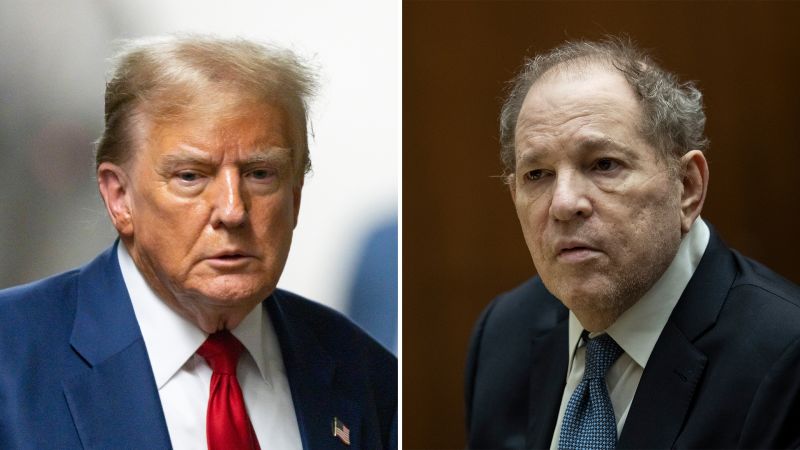The New York State Court of Appeals recently overturned Harvey Weinstein’s 2020 rape conviction, highlighting the importance of fair trials for all defendants. The ruling cited potential prejudice against Weinstein due to the admission of testimony from other accusers and irrelevant misconduct questions. Legal experts believe this decision may impact the hush money trial against former President Donald Trump, as the judge overseeing the case is bound to the same guidelines. The use of prior bad act witnesses to infer guilt in the Weinstein trial was deemed improper, raising questions about the admissibility of similar evidence in other cases like Trump’s.
In the hush money trial against Trump, the introduction of Karen McDougal’s testimony about the hush money payment has been allowed, but details of her alleged relationship with Trump are prohibited. Legal scholars believe that the Weinstein ruling will be crucial to the trial judge, highlighting the significance of evidentiary decisions in complex cases. While some dissenting opinions argue that such information is necessary for the jury to consider, the majority opinion emphasizes the importance of preventing prejudice against the defendant. Prosecutors have stated their intention to retry Weinstein later this year.
The Sandoval ruling, which determines what prosecutors can ask a defendant if they take the stand, is particularly relevant to Trump, who has expressed a desire to testify. The appeals court criticized the broad nature of the Weinstein judge’s Sandoval ruling, suggesting that it included unrelated and prejudicial information. The ruling allows prosecutors to question Trump about specific financial fraud allegations and legal disputes but limits other inquiries. Legal experts suggest that Merchan’s ruling in the Trump trial appears narrow and focused on evidence directly related to the criminal allegations.
Attorney Arthur Aidala noted the impact of evidentiary rulings on the defendant’s decision to testify, as seen in the Weinstein case where prior bad act evidence influenced Weinstein’s decision. Aidala suggested that the new ruling might allow Weinstein to take the stand and tell his side of the story. This decision could also impact Trump’s potential testimony and appeal strategy if convicted. Experts believe that the Weinstein decision has implications beyond the trial judge’s considerations, offering insights into how the prosecution may approach cross-examining Trump. By avoiding introducing prior bad act evidence during Trump’s testimony, prosecutors may strengthen their case and prevent potential appeals based on the Sandoval ruling.


